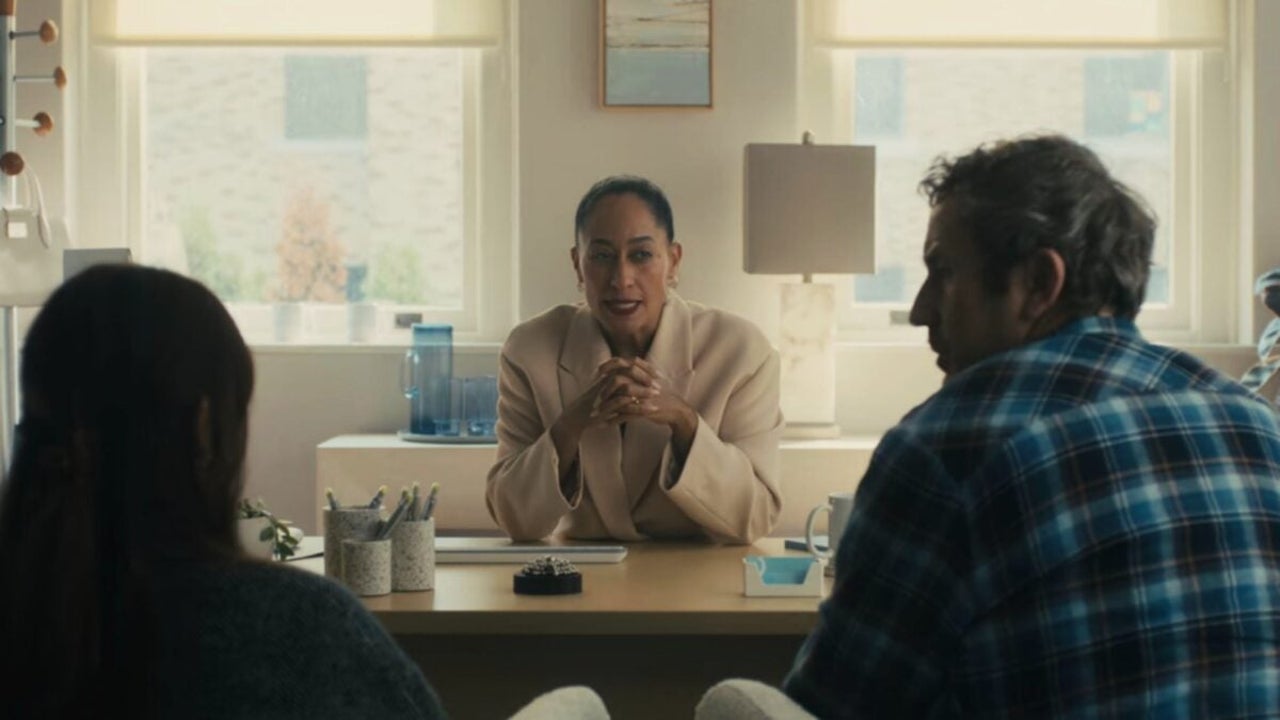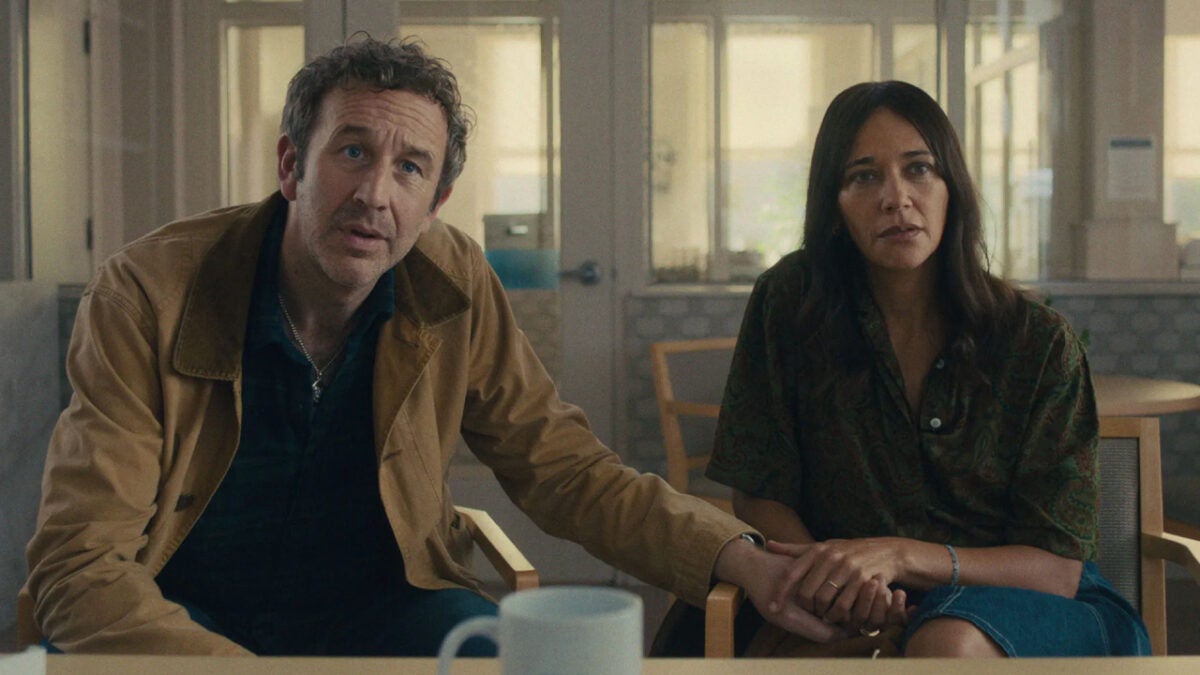News
Common People recaptures the essence of Black Mirror: in a world of machines, the best episode focuses on people
Who wouldn't like a dramatic satire about consumer society?

- April 22, 2025
- Updated: April 22, 2025 at 8:11 AM

We live in an over-informatised environment, with the essence of capitalism in the palm of our hand and Artificial Intelligence writing most of the articles you read —no, this is not the case—. This is why Charlie Brooker struggled to connect with the audience in the last seasons of Black Mirror: whatever he did, digital society responded with something worse.
But the seventh season of Black Mirror has surprised everyone because, surprise, it’s really good. And for this, the audience didn’t have to wait until the last episode. From its very first minute, Common People, the episode that kicks off the season, positions itself as the best episode the series has offered in years. And it’s not just what I say: it’s enough to dive a little into social media and specialized forums to find a wave of enthusiasm rarely seen since classics like San Junípero or White Bear.
Finally, Black Mirror speaks directly to its audience again
The audience’s reaction has been immediate and passionate. On Reddit, a community particularly demanding of the latest seasons of the series, many users have agreed that Common People is a return to the best version of Black Mirror. “Holy shit,” wrote one user, “Common People could be one of the best episodes of the entire series.” On social media, fans are overwhelmed with analyses and excitement, but what has made this episode connect so much with people?
The first, and most obvious, is that the chapter focuses on what its own title promises: ordinary people. The story revolves around Mike (Chris O’Dowd) and Amanda (Rashida Jones), a working-class couple facing an unexpected tragedy when Amanda is diagnosed with a brain tumor. Desperate at the prospect of losing her, Mike turns to Rivermind —or rather Rivermind turns to Mike—, a tech company that offers an unusual yet disturbingly plausible solution: to preserve Amanda’s consciousness in a kind of brain cloud that is renewed through a monthly subscription.

Unlike other episodes of Black Mirror, which play with crazy technologies or dystopian worlds far removed from our immediate reality, Common People works with a concept that is dangerously close. The technology it proposes might not be that far off: an AI that simulates cognitive functions, supported by monthly payments and integrated into a tiered system based on what you can afford. There are no holograms, no extreme alternative realities. Just a husband, a subscription, and the promise of keeping his wife’s “consciousness” “alive”… as long as the bank balance allows it.
However, the most unsettling aspect of the chapter is not the technology itself, but the system that surrounds it. Common People serves as a wonderful critique of the mass consumption model, subscription capitalism, and the way in which life —and death— can be monetized with astonishing ease in our daily lives.
In fact, it is based on the same model as Netflix, Prime Video, or Spotify. At first, Rivermind’s plan seems affordable. But, like any modern service, upgrades start to appear. For a little more, Amanda can have access to better memories. For a higher fee, her communication ability improves. And if not, of course, it throws in annoying ads. Literally, Amanda starts to interrupt her conversations with commercial breaks. It’s funny… but so real that it scares you.

It is not difficult to read in this chapter a self-criticism of Netflix towards itself, or at least a bitter parody of the model that dominates digital entertainment today. And that is why it is so appealing. Because Black Mirror has finally looked back at its own dark mirror.
Charlie Brooker has made a grand return. And he has done so for a simple reason: because he has come to understand our world again to talk about us. Not about those who invent technologies, but about those of us who suffer from them. About those who love, care, and lose for not having purchasing power or for having a job that can be replaced by an AI. I can think of more than one person who could benefit from watching this episode.
Cultural journalist specialized in film, series, comics, video games, and everything your parents tried to keep you away from during your childhood. Also an aspiring film director, screenwriter, and professional troublemaker.
Latest from Juan Carlos Saloz
- Why is it impossible for the second season of The Last of Us to live up to the first?
- Every five seconds, a hacker steals an identity: How to protect yourself during tax season
- Beware of Fake e-Shops: The Latest Scam Profiting Cybercriminals
- Elevate Your Productivity: Meet the AI That Supercharges Adobe Acrobat
You may also like

Bluesky presents three levels of account verification
Read more

The FBI warns about the increase in scams targeting vulnerable victims
Read more

Be careful if you use certain mods in Helldivers 2: they could get your account banned
Read more

Nothing presents its new super cheap smartphone under the CMF brand
Read more

AI-based audio workflows in Audition: Revolutionizing sound editing
Read more

The hidden challenges of Skyrim keep players hooked a decade later
Read more